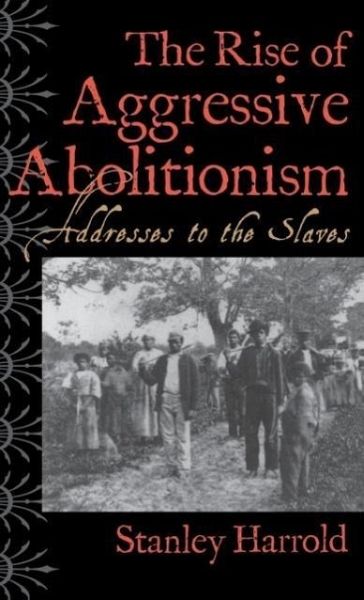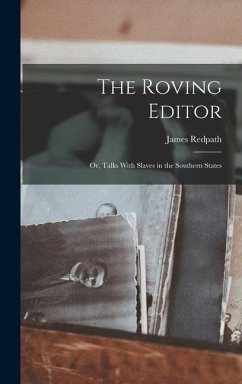
The Rise of Aggressive Abolitionism
Addresses to the Slaves
Versandkostenfrei!
Versandfertig in über 4 Wochen
35,99 €
inkl. MwSt.

PAYBACK Punkte
18 °P sammeln!
" The American conflict over slavery reached a turning point in the early 1840s when three leading abolitionists presented provocative speeches that, for the first time, addressed the slaves directly rather than aiming rebukes at white owners. By forthrightly embracing the slaves as allies and exhorting them to take action, these three addresses pointed toward a more inclusive and aggressive antislavery effort.These addresses were particularly frightening to white slaveholders who were significa












